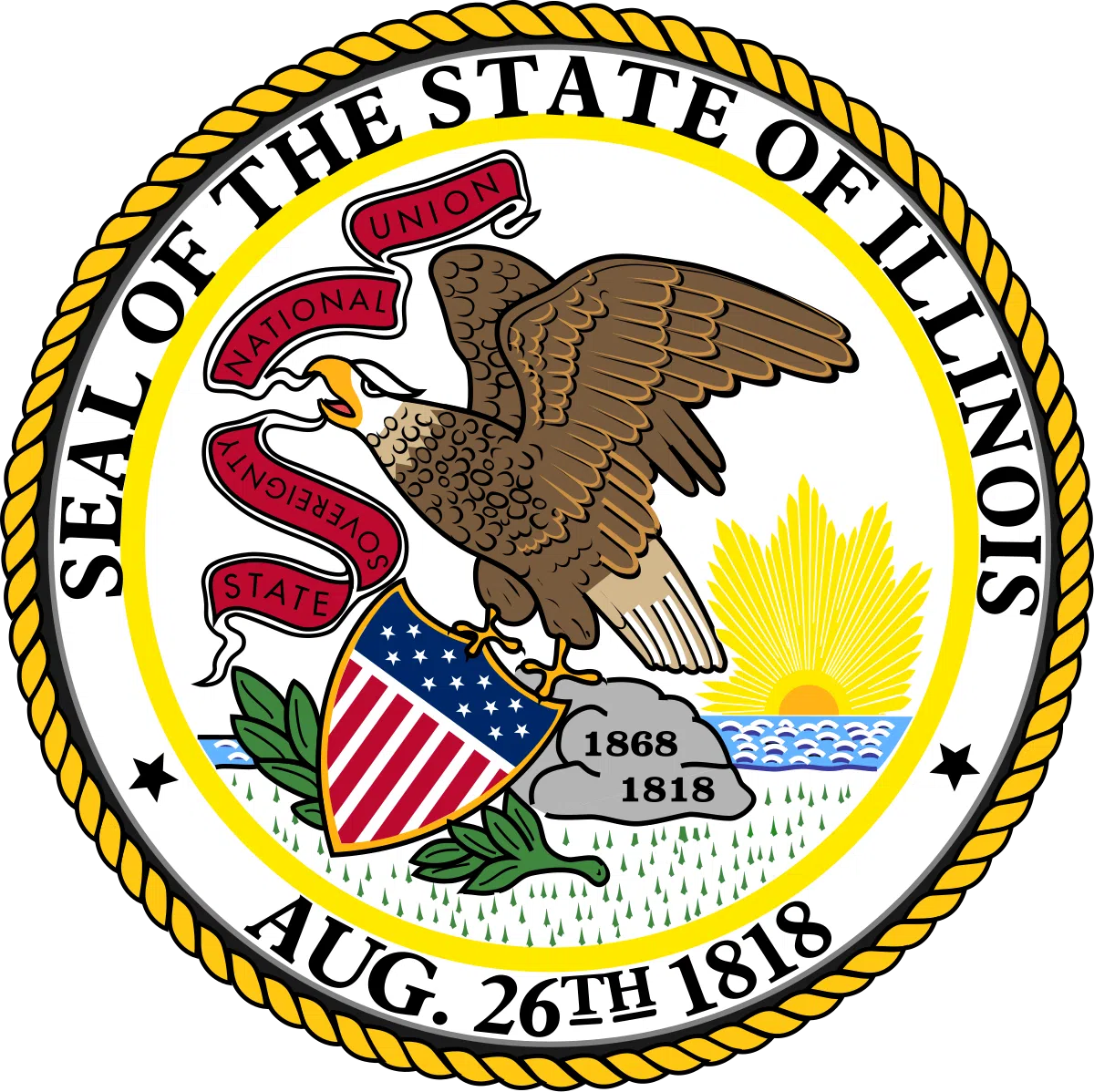
A new law from State Senator Paul will expand access to programs supporting digital connectivity and energy assistance for low-income families, by terminating outdated programs and redirecting funds to new uses. Faraci’s law cuts outdated responsibilities and redirects resources to programs that
serve everyday Illinoisans. Obsolete duties will be eliminated from government handling, and respective industry experts will take the lead. The law will expand eligibility for grant programs focused on closing the digital divide helping more neighborhoods access high-speed internet and digital tools. Unused funds from the long-dormant Good Samaritan Energy Trust Fund could also now be directed into active energy assistance programs for low-income residences, helping families in need access critical resources. House Bill 3187 was signed into law Friday and goes into effect immediately.
—
State Representative Brandun Schweizer sponsored two bills that were signed into law on Friday. House Bill 2572 amends the School Code and the Deceased, Disabled, and MIA/POW Veterans’ Dependents Educational Opportunity Grant Act and Scholarship by adding rulemaking authority when determining grant and scholarship eligibility. Before the signing of this bill, the Department was able to run the program but was unable to make any rules regarding its operation. SB 1160 amends the Illinois Vehicle Code and allows a resident of the State of Illinois who served in the United Nations Protection Force in Somalia, Panama, or Grenada to apply for a United Nations Protection Force license plate.
State Representative Brandun Schweizer (R-Danville) issued the following release after two bills he sponsored benefiting veterans were signed into law by the Governor on Friday.
“I am thrilled to see that these important bills were signed by the Governor,” began Rep. Schweizer. “As lawmakers, we need to focus on how to make life easier for our constituents, not harder, and I think these bills are a good start for our veterans. I appreciate the support from my colleagues to move these measures to the finish line and make much-needed changes to existing law, even when the changes seem small.”
—
Senate Majority Leader Kimberly A. Lightford helped address and put an end to “resident dumping” – a practice in which a nursing facility discharges a resident and refuses to readmit them after a hospital stay. House Bill 1597 signed into law Friday says that if a resident leaves the facility for a medical reason – and would not create imminent danger to themselves or others – the facility will be required to let them come back home. The involuntary discharge process will be changed to strengthen resident’s rights. “Resident dumping is a betrayal of trust at life’s most vulnerable moment,” said Lightford (D-Maywood). “Seniors have made these places their sanctuaries, their communities and their final homes. To deny them return is to strip away their belonging, security and dignity when they need it most.”
To strengthen resident rights in nursing homes and assisted living facilities, Lightford’s law will enhance the involuntary discharge process within these communities. If a resident leaves the facility for a medical reason – and would not create imminent danger to themselves or others – the facility will be required to let them come back home under House Bill 1597. “Resident dumping” affects thousands of nursing facility residents who are
uninsured or underinsured, have a mental health condition, or have had to spend time in a hospital or rehab facility and find they’re not allowed back into their nursing facility. “The true mark of a compassionate society is not how we care for the healthy, but how we protect those who depend on us most,” said Lightford.